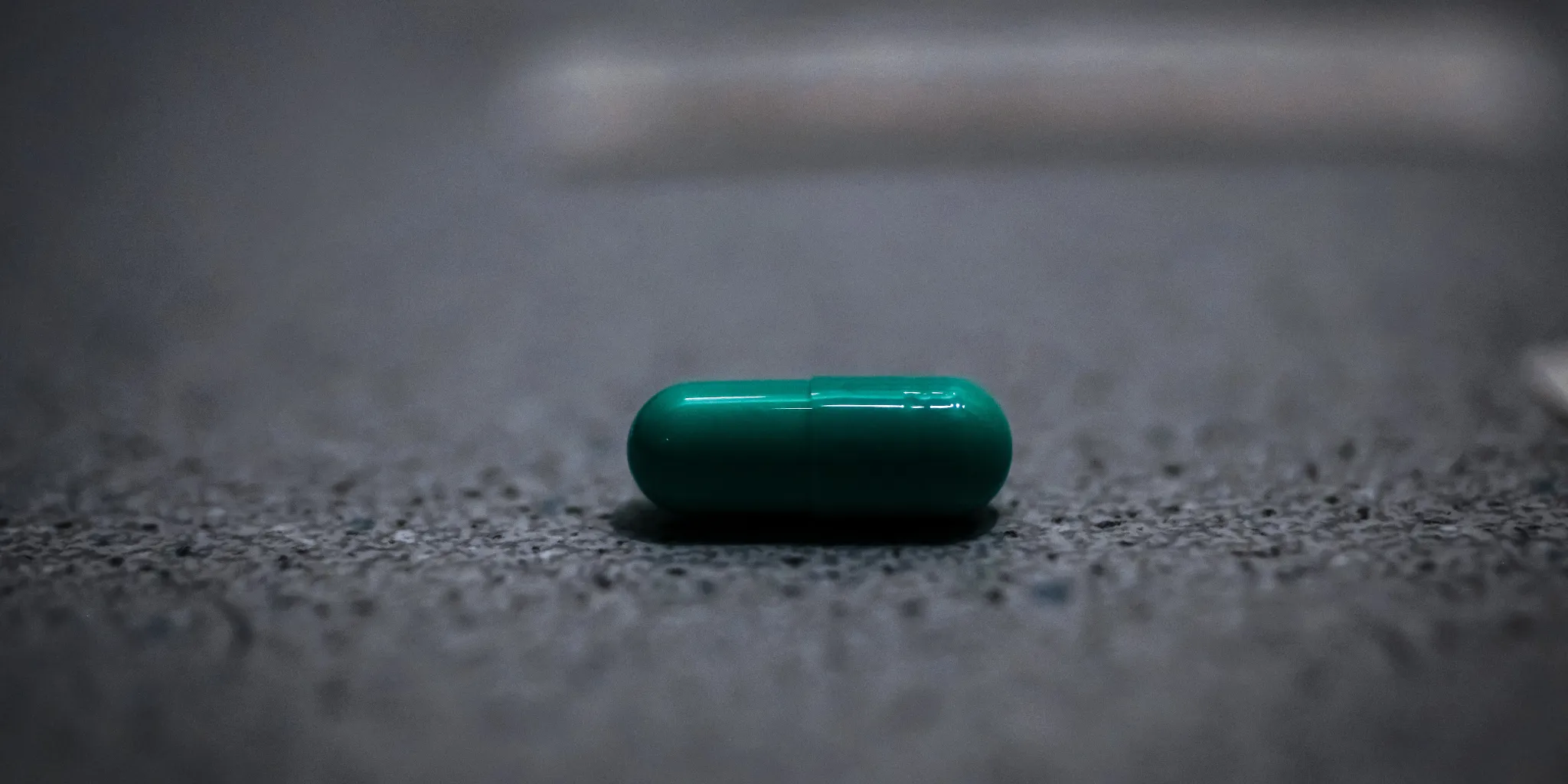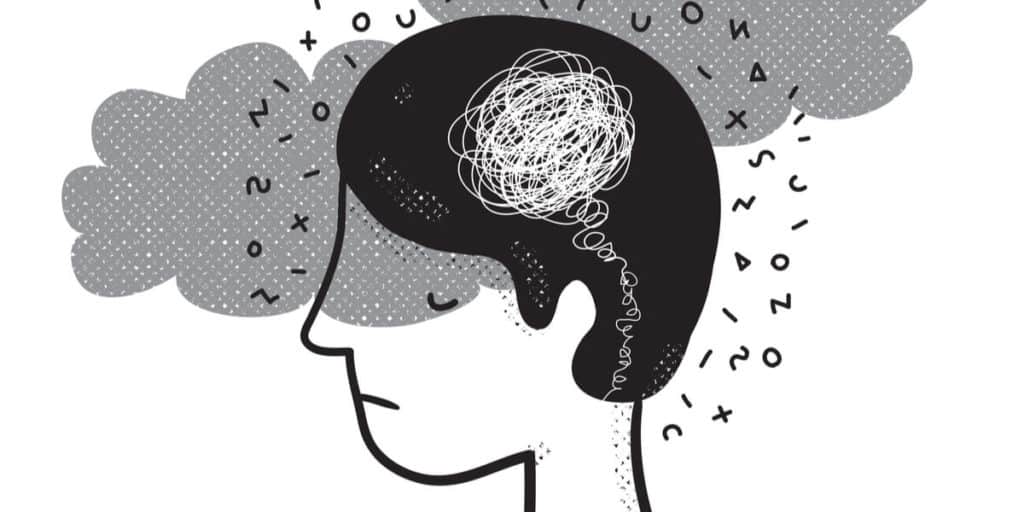MDMA-assisted therapy has shown promising effectiveness in alleviating symptoms of post-traumatic stress disorder (PTSD), according to a study published on Thursday.
The study, conducted by MAPS Public Benefit Corporation, marks the final trial in their efforts to develop prescription psychedelics.
They intend to submit the findings to the Food and Drug Administration (FDA) as part of an application seeking approval to market MDMA, commonly known as Ecstasy or Molly, for PTSD treatment when used alongside talk therapy.
“If approved, MDMA-assisted therapy would be the first novel treatment for PTSD in over two decades,” said Berra Yazar-Klosinski, senior author of the study published in Nature Medicine and chief scientific officer at MAPS PBC. “PTSD patients can feel some hope.”
PTSD affects approximately 5 percent of the U.S. adult population annually. Current therapies and medications only provide substantial relief for around 50 percent of patients at best, noted Dr. Stephen Xenakis, a psychiatrist and executive director of the American Psychedelic Practitioners Association, who was not involved in the study.
“My clinical experience is that too many men and women have lost hope with conventional treatments and therapies and feel the only ‘out’ for them is committing suicide,” Dr. Xenakis commented.
“We need to do something more to help them, and MDMA-assisted therapy offers a new, potentially lifesaving option when done thoughtfully and professionally.”
MDMA was classified as a Schedule 1 drug by the Drug Enforcement Administration in 1985, which categorizes it as having no medical use and a high potential for abuse.
However, prior to its criminalization, MDMA was administered by hundreds of therapists in North America and Europe for purposes like couples counseling, personal growth, and trauma treatment.
“The big tragedy to point out is that it was pretty clear in the late 1970s and early 1980s that MDMA had incredible therapeutic potential,” said Rick Doblin, founder of the Multidisciplinary Association for Psychedelic Studies (MAPS). “All the suffering since then, because MDMA was criminalized, is enormous.”
MAPS has advocated for MDMA-assisted therapy legalization since 1986 and has supported PTSD treatment research since 2001.
The FDA granted “breakthrough therapy” status to MDMA-assisted therapy for PTSD in 2017, expediting its development process. Similarly, psilocybin-assisted therapy for treatment-resistant depression received breakthrough status in 2018.
The study involved 104 participants diagnosed with moderate to severe PTSD, including victims of childhood trauma, combat veterans, and survivors of sexual assault.
Many participants had a history of suicidal thoughts and co-occurring conditions such as depression and alcohol use disorder.
Each participant underwent a regimen that included preparatory talk therapy sessions followed by three treatment cycles spaced one month apart.
Each cycle involved an eight-hour experimental session where participants received either MDMA or a placebo alongside talk therapy, followed by subsequent talk therapy sessions.

During these sessions, 53 participants received MDMA, while 51 received a placebo. Neither participants nor therapists were aware of who received MDMA or the placebo.
The study revealed that those who received MDMA experienced significantly greater reductions in PTSD symptoms compared to those who received the placebo.
By the end of the study, 86.5 percent of the MDMA group showed measurable reductions in symptom severity, with about 71 percent no longer meeting PTSD diagnosis criteria.
In comparison, 69 percent in the MDMA group improved, with nearly 48 percent no longer qualifying for a PTSD diagnosis.
These outcomes align closely with those of an earlier Phase 3 study published in Nature Medicine in 2021. Notably, the recent study featured a more diverse participant pool, including over a quarter identifying as Hispanic or Latino and about a third as nonwhite.
“We worked long and hard to get a study population that’s more in line with the general population with PTSD,” remarked Jennifer Mitchell, lead author of both studies and a neuroscientist at the University of California San Francisco.
The increase in participant diversity was accompanied by a rise in therapists of color, reaching 28 percent in the recent study, up from 11 percent in 2021.
MAPS PBC also provided participants with logistical support like transportation and stipends to compensate for lost wages or childcare, further enhancing accessibility.
The study indicated that MDMA-assisted therapy was generally well-tolerated, with common side effects including muscle tightness, nausea, decreased appetite, and sweating, primarily in the MDMA group. Serious adverse events, including cardiovascular issues, were reported in a small number of participants.
“We have worked closely with the FDA to design a rigorous study to assess the safety and efficacy of this new treatment,” stated MAPS PBC CEO Amy Emerson.
The organization plans to submit a new drug application seeking FDA approval for MDMA-assisted therapy, which could be decided upon within a year.
While some experts expressed skepticism about the study’s results meeting FDA approval criteria, proponents emphasized the importance of expanding treatment options for PTSD.
“Disagreements among mental health practitioners are to be expected,” Dr. Xenakis noted. “But we should focus on increasing treatment options for a condition that is notoriously difficult to treat.”
If approved, MDMA-assisted therapy would necessitate a reclassification by the DEA and state agencies, along with thorough prescriber training standards and patient access initiatives.
“Given the hurdles that still lie ahead, it feels a bit too early to really celebrate,” said Dr. Doblin. “But it’s been a long, long process, and it’s amazing that we are this far.”
